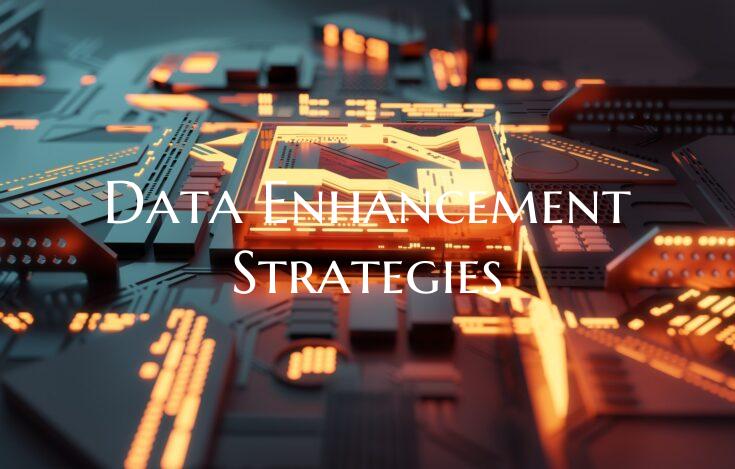Data Enhancement Strategies
In today's data-driven world, businesses are constantly seeking ways to improve the quality and effectiveness of their data. Data enhancement strategies play a crucial role in enhancing the value and utility of existing data sets. By incorporating various techniques and tools, organizations can optimize their data for improved decision-making, customer insights, and operational efficiency.
1. Data Cleansing: Data cleansing is the process of detecting and correcting errors or inconsistencies in data. By identifying and fixing inaccuracies, duplicates, and missing information, organizations can ensure that their data is reliable and up to date.
2. Data Integration: Data integration involves combining data from different sources to create a unified view. By integrating data silos, businesses can gain a comprehensive understanding of their operations and customer interactions, leading to more informed decision-making.
3. Data Enrichment: Data enrichment involves adding valuable information to existing data sets. This can include appending demographic details, firmographic data, or behavioral insights to enhance the depth and breadth of customer profiles.
4. Data Standardization: Data standardization ensures that data is formatted consistently across different systems and platforms. By standardizing data elements such as addresses, names, and product codes, organizations can improve data quality and facilitate seamless data integration.
5. Machine Learning and Artificial Intelligence: Machine learning and AI technologies can be leveraged to extract insights and patterns from large volumes of data. By employing algorithms to analyze data, businesses can uncover hidden correlations and trends that can drive strategic decisions.
6. Real-time Data Processing: Real-time data processing enables organizations to access and act upon data as soon as it is generated. By implementing real-time data processing technology, businesses can make timely decisions and respond quickly to changing market conditions.
7. Data Governance: Data governance frameworks ensure that data is managed, protected, and used ethically within an organization. By establishing clear policies and procedures for data management, businesses can maintain data integrity and compliance with regulations.
In conclusion, data enhancement strategies are essential for maximizing the value of data assets and driving business success. By implementing a combination of data cleansing, integration, enrichment, standardization, machine learning, real-time processing, and governance practices, organizations can unlock the full potential of their data to gain competitive advantages and drive innovation.

